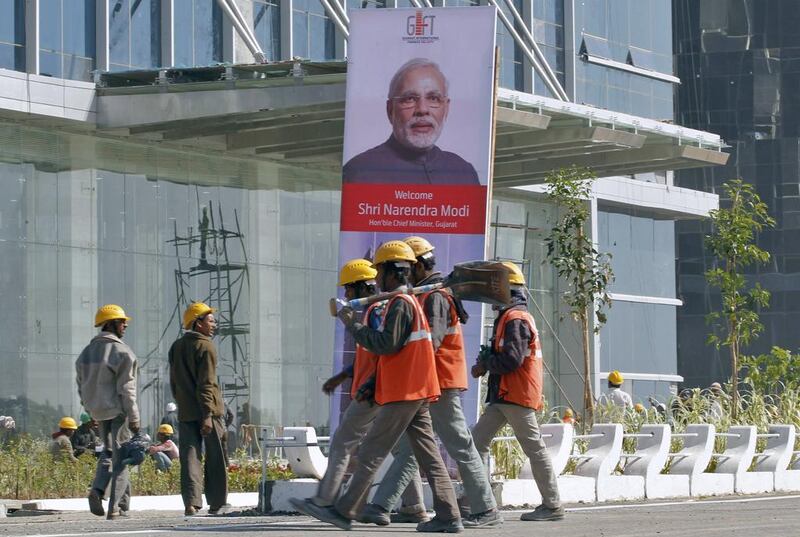Ramakant Jha, the managing director and group chief executive of Gujarat International Finance Tec-City (Gift), talks about the central business district, which is still being developed.
Why is Gujarat the right destination for such a project?
When people us, “why Gujarat?”, we ask them, “why not Gujarat?” Gujarat has had a tremendous transformation in the last decade in its infrastructure capabilities. It is now a power-surplus state; it has excellent connectivity by all means – road, railway, buses; it has excellent entrepreneurship skills. Emphasis was given that we should bring financial services because that’s what the strength of Gujaratis is. If you go to the Dubai International Financial Centre and you meet the head of business strategy, Chirag Shah, he’s Gujarati. The Gujaratis are all over the world with their business acumen and their financial background.
Is there room for multiple financial centres in India?
A McKinsey study on demand assessment showed that India, being a very large country, could easily absorb four to five centres similar to Gift. Already, many state governments have approached us to understand how we have implemented the project.
Do you see yourself competing with Mumbai, which is really considered the financial capital of India?
No. There is no international financial services centre in India. Mumbai is only doing domestic operations. Under the special economic zone act, they have approved Gift, which is the only notified international financial services centre in India today. This means that we can actually allow a lot of offshore activities – offshore banking, offshore insurance, offshore asset management. This is not happening from Mumbai or India at all. Our proximity to Mumbai really helps. Mumbai has its own infrastructure bottlenecks now. For a new business coming to Mumbai it has become very, very expensive. It is easier and more cost-effective to operate from London today. In just a 40-minute flight from Mumbai you can be in Gujarat. Instead of 300 rupees a square foot rent in Mumbai, Gift is 50 rupees a sq ft a month.
Do you have any foreign banks operating in Gift yet?
Foreign banks require clear rules and regulations, which are now coming out. We have been getting a good response from the foreign banks.
What are the biggest challenges you have faced?
The first is a mindset challenge. When people see the plans for Gift, they feel that it cannot happen in India. When people start to come here and see the first phase, they realise it can be done. The second is laying down an infrastructure of this magnitude. There is no benchmark. Nothing like this has happened in India before. Now we see challenges in terms of the regulations. The regulations which come out should be business-friendly. If I am a global institution and if I can easily set up in Singapore or in Malaysia and if regulations in India are not conducive or as business-friendly as they are in Singapore, why should I come to Gift?
business@thenational.ae
Follow The National's Business section on Twitter





